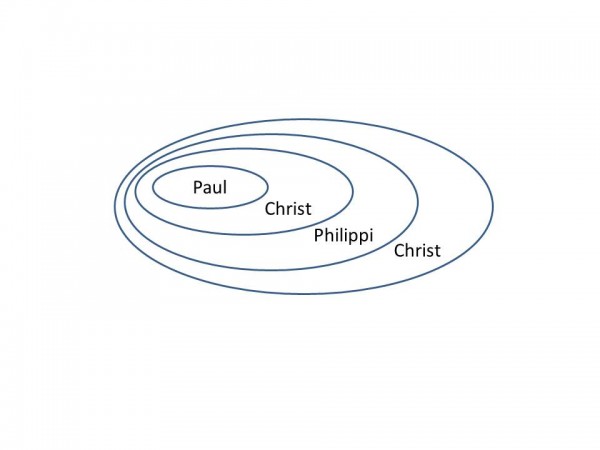Did you realize that the God who created the earth also created the ends of the earth? Isaiah 40:28 (NASB) says, “Do you not know? Have you not heard? The Everlasting God, the LORD, the Creator of the ends of the earth does not become weary or tired. His understanding is inscrutable.”
If you are just an “average” person in “average” circumstances of life, God’s presence and sovereignty at and over the extremes may not matter much to you. But if, like me, you find yourself at least at times needing God in the extreme and difficult places, His identification as the “Creator of the ends of the earth” bears comforting significance.
God understands the extremes of existence. He is not shocked by problems and sins of all depth and descriptions. No remote or hopeless case exists as far as God is concerned. He fashioned with His own hands not only the earth, but the ends of the earth. The Hebrew root for “ends” means extremity or end. It comes from another word which includes the notion of the border, the outskirts, or the margin. Do you ever feel you are on the margin of the page, instead of inside the story? No fears! God is present even there, for no location exists – physically or emotionally – where the Creator is not the moment-by-moment Sustainer. He is there at the margin.
When I think of the Ark of the Covenant*, that powerful image of the work of Jesus Christ to blot out the power of sin in our lives, I have to think of our God of the extremes. The same Hebrew word used in the aforementioned Isaiah phrase is the term used in Exodus 25:18 (NASB, emphasis mine), “You shall make two cherubim of gold, make them of hammered work at the two ends of the mercy seat.” God intended the image of these magnificent, angelic creatures to loom over the mercy seat from the very edges. God does not tell us the reason, but I wonder if He is beautifully picturing for our simple minds the fact of His merciful covering from one end or extreme of existence to the other. There is no place His mercy cannot go, and even the angels are privy to this compassion and long to see all God does for pitiful humans.
Psalm 139:7-8 (NASB) affirms that God is with us at the highest height (Heaven) and the lowest depth (Sheol or the nether world). Surely, these positions are the extremes. As if to solidify the miracle of His inexhaustible, merciful presence, the Psalmist adds in verse nine, “If I dwell in the remotest part of the sea, even there Your hand will lead me.” I have never plunged the depths of the sea, but I know it can be very dark, cold, and strange in that world, with odd creatures all about. Have you ever been in a dark and cold place, spiritually and emotionally speaking? God is not only in average situations with average people (if any truly exist!); He is in the depths.
Mathematically speaking, a mean is an average. When I take a list of numbers, add them together, and divide by the total number of numbers, I derive an average (or a mean). So, for example, the average of 0, 5, 10, 50, and 10,000 is 2,013. This seems strange, because 2,013 does not reflect well the extreme numbers of zero and ten thousand. Averages – or means – are funny things. Often, in mathematics, they give us little information. Therefore, statisticians prefer more complicated calculations such as variances and standard deviations. The point, however, is simple; average is sometimes an elusive concept and does not always represent the extremes. Do not think it strange if you do not feel average; rather thank the God of the extremes! He is with you at “0” and at “10,000”!
God accounted for the extremities in His plan for the world. I Peter 1:20 (NIV) says of Jesus, “He was chosen before the creation of the world, but was revealed in these last times for your sake.” Jesus agreed to come to this world and die for our sins before He ever laid the foundation of this universe (see also Revelation 13:8). The Creator of the ends of the earth knew He was coming because He “so loved the world” (John 3:16, NIV). Our God saw all the world’s best and worst. He looked down through the annals of time and recognized all the extremes of sin and difficulty, and He still came! Why? Peter boldly declares, “for your sake.”
All of us who have feared that the extremities of our life are too “out of bounds” for God’s help need to pray today and call on the Creator of the ends of the earth.
* For more understanding of the Ark of the Covenant, please visit: www.hopeandpassion.org/?p=759/






